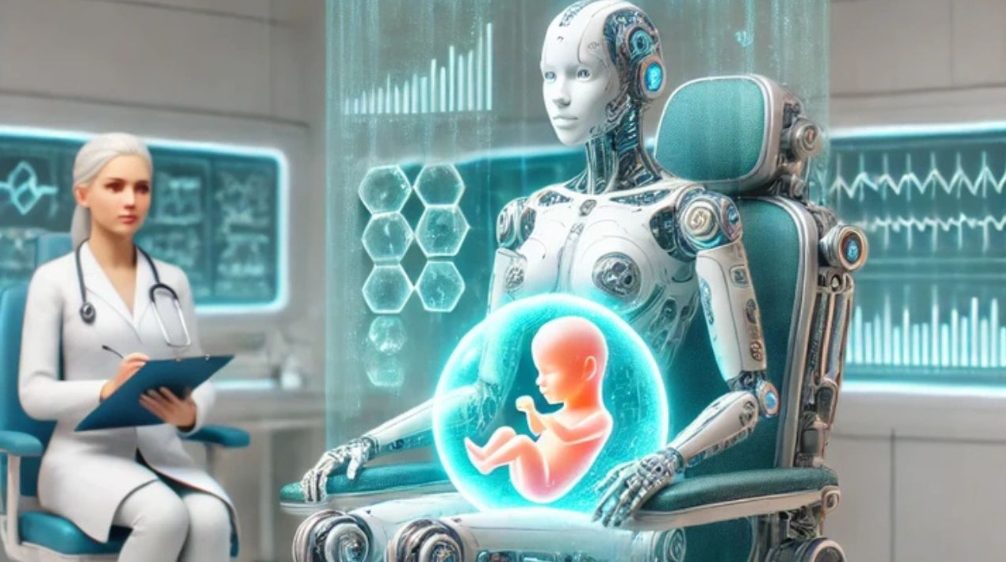The rapid advancement of robotics has introduced the concept of AI-powered humanoid robots capable of carrying pregnancies, a notion that was once purely science fiction. This development holds significant potential, particularly for women facing high-risk pregnancies, as it could mitigate complications and reduce physical strain. However, it also raises profound ethical and societal questions that warrant careful consideration.
One primary concern is the potential for increased socioeconomic disparities. If such technology becomes available, it may only be accessible to those with substantial financial resources, thereby deepening existing inequalities in reproductive healthcare. Additionally, the emotional and psychological aspects of pregnancy are integral to the parent-child bond. The use of robots in gestation could disrupt this natural process, leading to questions about the authenticity of the parental experience.
Furthermore, the integration of robots into intimate aspects of human life challenges traditional concepts of parenting and family structures. As robots potentially take on more roles within the family unit, there is a risk of diminishing human connection, which is essential for emotional and social development. The long-term implications of such a shift are unknown and could fundamentally alter societal norms.
While the technological possibilities are intriguing, it is crucial to approach this development with caution. Comprehensive discussions involving ethicists, technologists, and the public are necessary to navigate the complex landscape of artificial wombs and robotic gestation. Balancing innovation with ethical considerations will be key to ensuring that such advancements benefit society without compromising fundamental human values.
